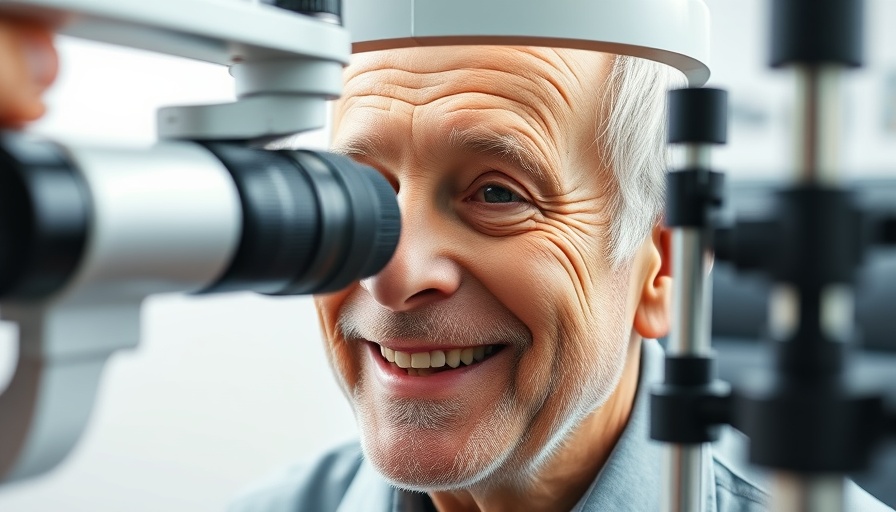
Understanding Genitourinary Syndrome of Menopause: How It Affects You
If you’re currently navigating through perimenopause, the transition phase that can last up to a decade before menopause officially begins, you’re likely already familiar with the common issues like hot flashes, mood swings, and insomnia. Yet, many women find themselves blindsided by unexpected changes in their bodies, particularly changes to their labia, during this time. This article delves into the lesser-known effects of genitourinary syndrome of menopause (GSM) and what can be done.
What is Genitourinary Syndrome of Menopause?
Genitourinary syndrome of menopause (GSM) is a term that has gained traction in recent years, introduced to encapsulate a range of vulvovaginal, sexual, and urinary tract symptoms experienced by women as their estrogen levels drop during perimenopause and menopause. According to Dr. Deidra Beshear, an expert in women’s health, GSM affects an estimated 27% to 84% of postmenopausal women. Alarmingly, many of these women do not discuss their symptoms with healthcare providers, leading to a mere 7% currently receiving effective treatment.
Understanding the Hormonal Shift
As women age, estrogen levels naturally decline, leading to various physical changes that are not just limited to internal symptoms. The drop in estrogen can cause the external vulvovaginal tissues to become thinner and more fragile, consequently transforming the appearance and structure of the labia. Dr. Angela Markman emphasises that this can range from slight color changes in the labia to significant shrinkage or even fusion of the labia minora. Such changes, while often distressing, can also lead to discomfort and impact a woman’s sexual health.
Impact on Quality of Life
The dysfunction associated with GSM extends beyond physical changes. Many women report feelings of embarrassment and anxiety due to altered body image and discomfort in intimate situations. This emotional toll can lead to broader implications for mental health and relationship dynamics. Recognising and normalising these experiences is crucial for women and their partners, fostering conversation about sexual health.
The Need for Open Dialogue with Healthcare Providers
Despite the significant prevalence of GSM, there remains a reluctance among women to bring these symptoms up with their doctors. This silence can amplify feelings of isolation and discontent. It is vital for women to educate themselves about GSM, as understanding their bodies and conditions can empower them to seek appropriate treatment. Research indicates that many effective therapies, such as vaginal estrogen treatments and moisturizers, exist but are underutilised due to lack of discussion.
Diverse Perspectives on Treatment Options
Treatment for GSM can vary from hormonal replacement therapies to alternative and complementary medicine approaches. Different perspectives exist regarding the effectiveness of these treatments, ranging from traditional medical advice to naturopathic and holistic solutions. Naturopathic medicine focuses on supporting the body’s natural healing processes and acknowledges the hormonal shifts that come with aging. Some women may find relief through herbal supplements, dietary adjustments, and stress management techniques.
Resources and Support for Women
A multitude of resources is available for women grappling with the impact of GSM. Community health and wellness centres often offer workshops and resources to discuss women’s health, lifestyle medicine, and holistic approaches to wellness. Engaging in health and wellness events can open up new avenues for support and education, facilitating discussions around an often-taboo topic.
Empowerment Through Knowledge: Taking Action
Ultimately, the path toward improved health and wellness lies in becoming informed and proactive. Understand your body, recognise changes as natural, and take advantage of medical advancements available today. Whether through traditional treatment or alternative therapies, seek what works best for you without hesitation. Being comfortable and confident in your body during menopause is possible when empowered with the right knowledge and support.
As you navigate this journey, remember that you are not alone. Your experiences and health matter greatly.
 Add Element
Add Element  Add Row
Add Row 



Write A Comment